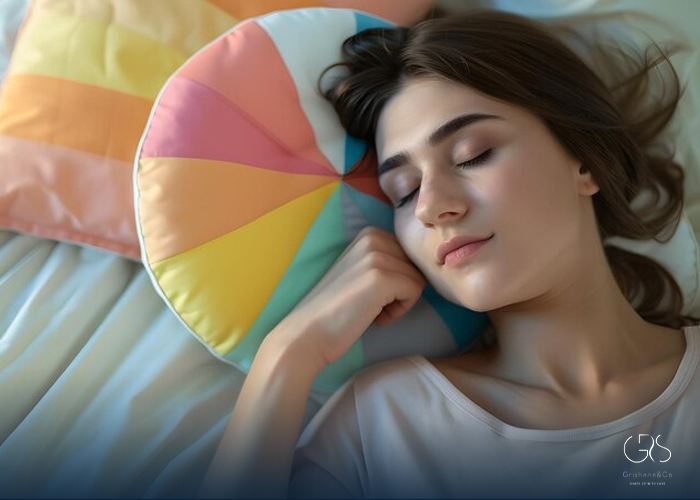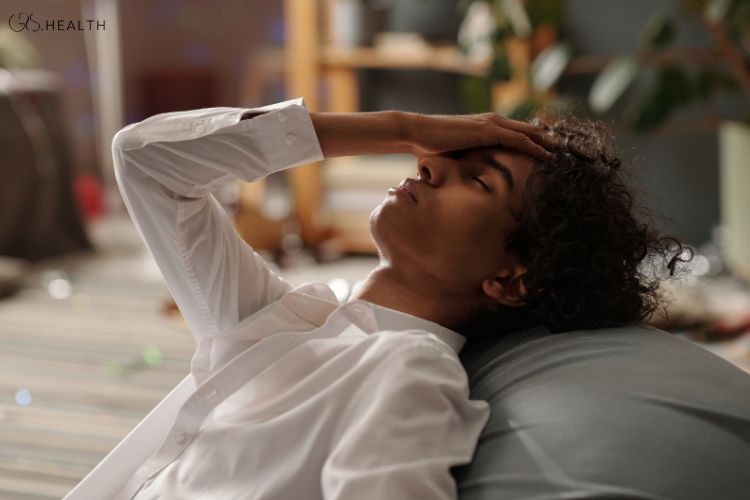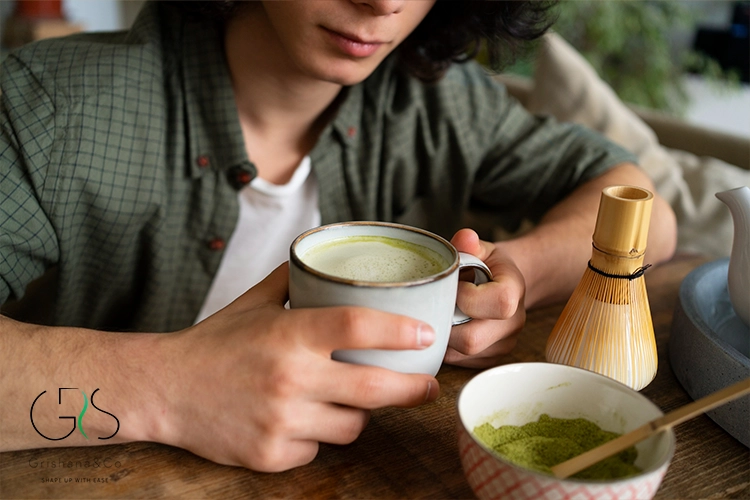Summer is a season that brings longer days, warmer temperatures, and an abundance of outdoor activities. However, it also brings with it certain challenges when it comes to getting a good night’s sleep. Understanding how summer affects your sleep and taking steps to mitigate these effects can greatly improve your overall sleep quality and well-being. This article explores the various ways summer impacts your sleep and provides practical tips for ensuring restful nights during the warmer months.
The Connection Between Temperature and Sleep:
One of the main factors that can disrupt sleep during the summer is high temperatures. A study conducted by the National Sleep Foundation found that the ideal bedroom temperature for optimal sleep falls between 60 and 67 degrees Fahrenheit (15.5 to 19.5 degrees Celsius) (source: National Sleep Foundation). Unfortunately, when temperatures rise, it can be challenging to keep your bedroom cool enough for quality sleep.
To combat the heat, consider using air conditioning or fans to create a cool environment. Additionally, using breathable bedding materials such as cotton or bamboo sheets can help regulate body temperature and improve sleep quality . It is also advisable to take a cool shower before bedtime to lower your body temperature and promote relaxation.
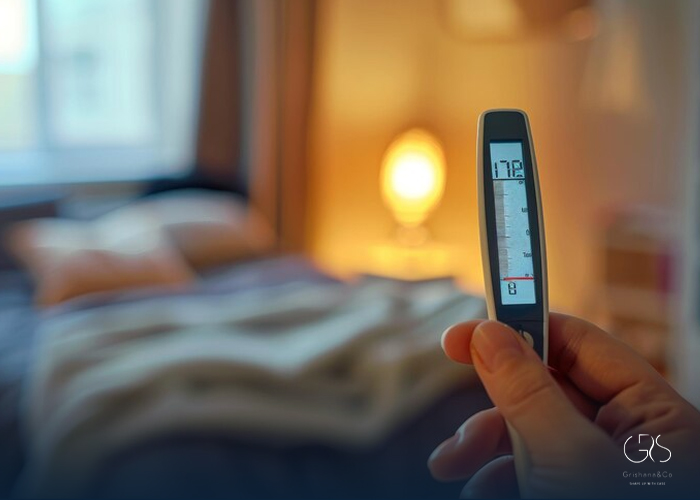
Light Exposure and Circadian Rhythm Disruption:
Summer days are longer, with increased exposure to natural light. While this can boost mood and energy levels during the day, it may have a negative impact on your sleep patterns. Light exposure plays a crucial role in regulating our circadian rhythm, the internal clock that controls sleep-wake cycles.
A study published in the journal “Sleep” revealed that longer exposure to evening light during summer months can delay the onset of melatonin, a hormone that promotes sleep. This delay can make it harder to fall asleep at your desired bedtime.
To mitigate the effects of light exposure, consider using blackout curtains or blinds in your bedroom to block out excess sunlight. Additionally, limit your exposure to electronic devices with bright screens close to bedtime, as the blue light emitted from these devices can further disrupt your body’s natural sleep-wake cycle (source: Mayo Clinic).
Increased Noise Levels:
Summer is often associated with increased outdoor activities and social events, which can lead to higher noise levels. Whether it’s neighbors hosting barbecues or fireworks on holidays, these sounds can disrupt your sleep and make it harder to stay asleep.
To minimize the impact of noise, consider using earplugs or white noise machines to drown out external sounds. Additionally, engaging in relaxation techniques before bed, such as deep breathing or guided meditation, can help you unwind and reduce sensitivity to noise disturbances.
Allergies and Sleep Quality:
Summer is also a season notorious for allergies, which can negatively impact sleep quality. Allergens such as pollen, dust mites, and mold can trigger allergy symptoms like congestion, sneezing, and itchy eyes, making it difficult to sleep comfortably.
To alleviate allergy symptoms, keep windows closed to prevent allergens from entering your bedroom. Additionally, regularly vacuuming and dusting your bedroom can minimize the presence of dust mites and other allergens. If necessary, consult with a healthcare professional to explore allergy medication options that can help manage symptoms, particularly during the summer months.
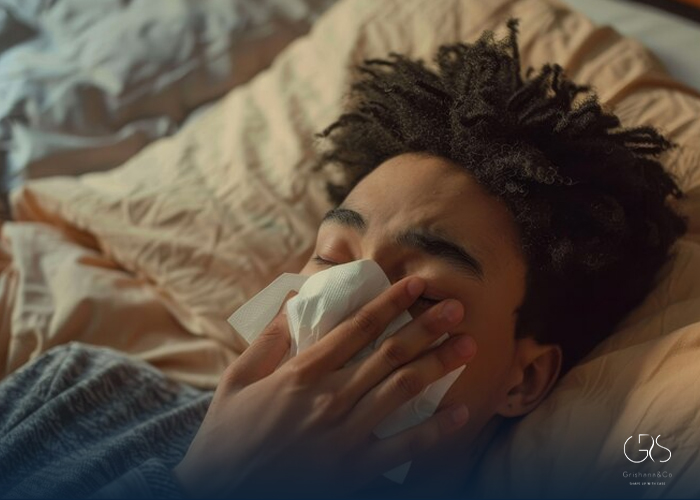
Conclusion:
Our Summer sleep tips can help address sleep challenges that arise during warmer months. Temperature, light, noise, and allergies all impact sleep quality. Understanding these factors is crucial for maintaining optimal rest. Practical strategies like keeping your bedroom cool can improve your sleep. Minimizing noise and managing light exposure are also important. By implementing these tips, you can enjoy restful nights and maximize summer wellness.
Sources
- National Sleep Foundation, Best Temperature for Sleep
- Mayo Clinic, Sleep tips: 6 steps to better sleep
- Sleep Education, Healthy Sleep


